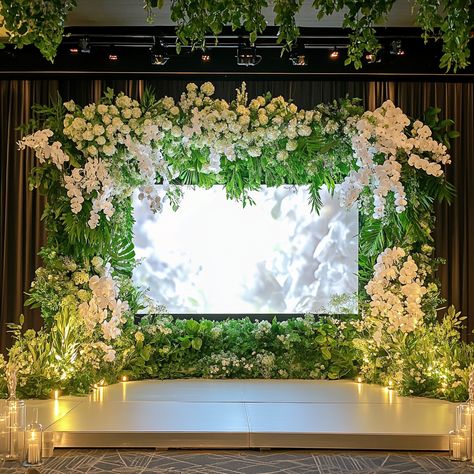How to Plan a Sustainable Wedding
How to Plan a Sustainable Wedding Planning a sustainable wedding allows couples to celebrate their love while minimizing environmental impact. By making eco-conscious choices, you can create a memorable event that reflects your values and supports the planet. Here are key strategies to consider: 1. Choose an Eco-Friendly Venue Opt for venues that prioritize sustainability, such as those with LEED certifications or energy-efficient practices. Outdoor locations like gardens or parks reduce the need for extensive decorations and utilize natural lighting. Selecting a venue close to the majority of your guests can also minimize travel emissions. 2. Mindful Guest List Management Keeping your guest list intimate reduces resource consumption and waste. A smaller gathering allows for more personalized experiences and lessens the environmental footprint of your event. 3. Sustainable Invitations Choose invitations made from recycled materials or opt for digital invites to save paper. Seed paper invitations are a unique, eco-friendly option that guests can plant afterward, contributing to environmental regeneration. brides.com 4. Ethical Attire Consider wearing vintage or second-hand wedding attire to reduce the demand for new garment production. Alternatively, select designers who use sustainable fabrics and ethical production methods. After the wedding, donate or repurpose your attire to extend its lifecycle. 5. Eco-Conscious Décor Utilize reusable or biodegradable decorations, such as fabric drapes, potted plants, or thrifted items. Incorporate natural elements like wood, stone, or dried flowers to enhance aesthetics sustainably. After the event, donate or repurpose décor items to minimize waste. 6. Sustainable Catering Source catering services that offer organic, locally produced, and seasonal ingredients. This practice supports local agriculture and reduces the carbon footprint associated with food transportation. Implementing a plan to donate leftover food can also prevent waste and benefit the community. 7. Thoughtful Guest Transportation Encourage carpooling or provide group transportation options to reduce emissions. If feasible, choose a venue accessible by public transit or within walking distance of accommodations. Offering virtual attendance options can also decrease travel-related environmental impacts. 8. Eco-Friendly Favors Gift guests with sustainable favors like reusable tote bags, plantable seed packets, or edible treats sourced from local artisans. These options are both memorable and environmentally friendly. brides.com







